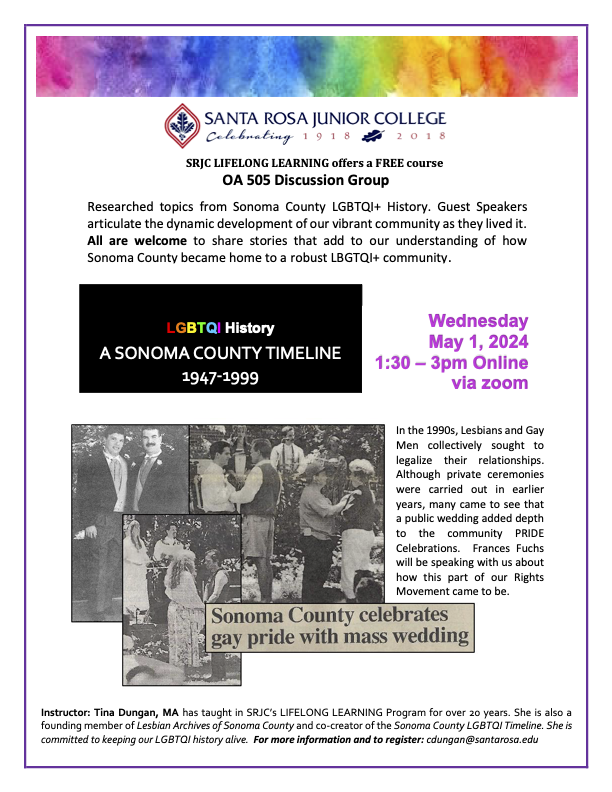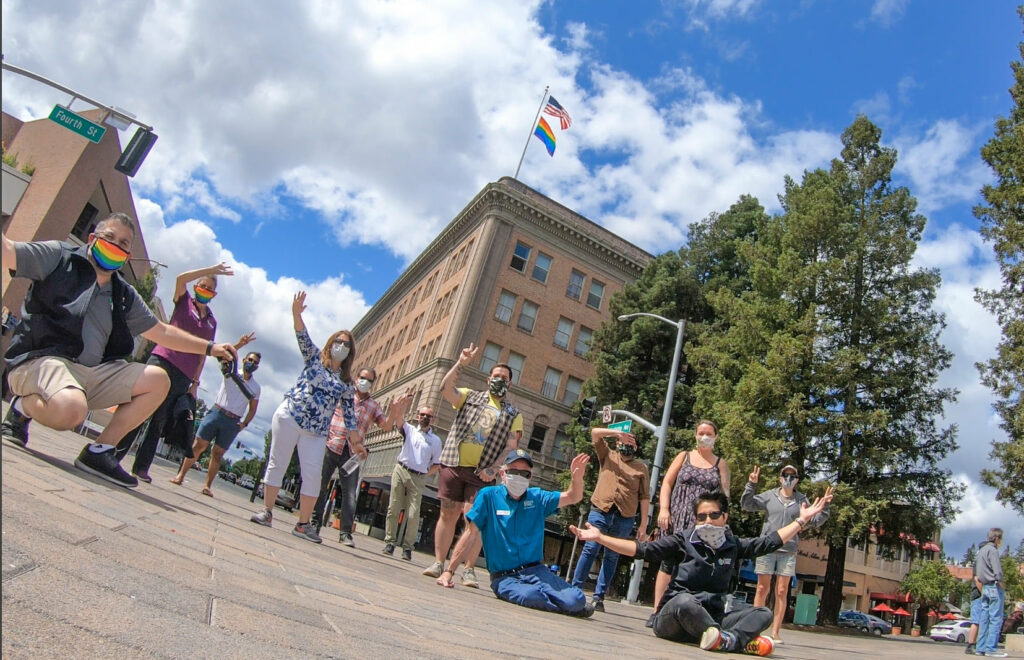As America approaches the 2024 elections, consumers increasingly seek brands that
actively participate in issues-based marketing, demonstrating a clear alignment with their
values and beliefs. And politics plays a significant role in shaping these values.
According to Collage Group’s America Now research, a striking 48% of Americans aged 21
and above see their political beliefs as integral to who they are.
This means politics isn’t just about policies – politics is culture.
Understanding the cultural traits of four distinct political factions offers a fresh lens to
navigate political polarization, with a new perspective that considers the sway of
nonconformists.
In this article, Collage Group explores these insights derived from the America Now survey.
The aim is to unpack the prevailing political polarization sweeping across diverse America.
What Is Political Polarization?
Political polarization represents the widening gap between opposing political ideologies,
characterized by growing rigidity in beliefs and partisan loyalties.
While some level of divergence in political ideas and policy objectives is expected in a
thriving democracy, the scale of this division has surged since the turn of the millennium.
Back in 1994, the Pew Research Center highlighted a startling observation: the number of
people holding negative perceptions toward the opposing political party had doubled. Fast
forward to 2022, and those with intensely unfavorable views of the opposition have hit record
highs.
“Political polarization occurs when subsets of a population adopt increasingly dissimilar
attitudes toward parties and party members (i.e., affective polarization), as well as ideologies
and policies (ideological polarization). With little polarization, most people support a mixture
of liberal and conservative stances across issues, and they can support one party without
disliking others. With very high polarization, large, separate clusters of the population
endorse ideologically consistent stances across all issues and love their party while loathing
the other(s).” – Gordon Hetzel and Kristin Laurin, Polarization in America: Two Possible
Futures
As more Americans find themselves at opposite ends of the political spectrum, the space for
moderate, centrist viewpoints is diminishing. Republicans veer to the right, while Democrats
move leftward, resulting in a dwindling overlap of ideologies between the two parties.
Among the divisive topics driving this polarization, tackling climate change stands out. Only
21% of Republicans support climate action, compared to a resounding 78% of Democrats.
Other hot-button issues include:
● Safeguarding the environment,
● Reshaping gun policies,
● Fortifying the nation’s military.
Collage Group’s recent survey, America Now, explores these evolving trends further to
reveal unique insights that offer a new perspective on this polarization. One key finding is
that distinct political ideology groups (rather than party affiliation) embody a unique
cultural identity.
That is, Collage Group’s research reveals that 48% of Americans aged 21 and above now
consider their political views as a significant aspect of their identity.
As a brand, understanding the nuanced characteristics of each political group is essential to
forge genuine connections across diverse segments of the population.
Exploring Political Polarization as a Cultural Schism
Collage Group’s America Now research has grouped consumers according to their political
stance into four key segments. Three of these are presented below, ordered by group size.
The fourth segment will be introduced later in this article.
● Conservatives: 33% (81.8 million Americans)
● Key segments: Mostly Baby Boomers and White Americans.
● Values: Tradition, religion, patriotism, nostalgia, and discipline.
● Liberals: 29% (71.9 million Americans)
● Key segments: Younger generations (mostly Millennials and Generation Z).
● Values: Knowledge of different cultures, self-expression, and
community-oriented.
● Centrists: 17% (42.1 million Americans)
● Key segments: Mostly Baby Boomers.
● Values: Patriotism, exceptionalism, courage, and expertise-seeking.
Next, Collage Group identified cultural groups according to the above political classification.
That is, each political faction embodies its own unique culture, as is explained below.
Liberals Are the Most Diverse in Terms of Age, Race, and Ethnicity
At the heart of liberal consumer culture is the group’s cosmopolitan flair, with other values
such as cultural awareness, self-expression, and active community engagement also being
expressed. This uniqueness truly shines through in this segment.
Plus, the Liberal group stands as the epitome of diversity, reflecting a mosaic of
backgrounds and perspectives. While White consumers make up 55% of this group, it’s
important to note that they’re the largest demographic in the country. Therefore, you want to
pay attention to the percentage of Hispanic, Black, and Asian representation.
Moreover, this cohort skews younger, with a notable 22% of Generation Z and 32% of
Millennials identifying as liberal.
Conservatives Are Mostly White Baby Boomers With Traits Greatly
Differentiated From Those of Other Americans
Conservatives stand out with distinct traits that set them apart from other political segments.
They fully embrace themes of Americana in their cultural attributes. Traits such as patriotism,
religiousness, perseverance, and discipline are prominently featured among the top 10,
showcasing this group’s strong connection to traditional American values.
Plus, this political faction is primarily composed of older, White Americans, particularly Baby
Boomers, representing 37% of the group. Plus, there’s also an absence of multicultural
representation, with a skew of 70% toward White Americans.
Centrists Share Patriotic Traits With Conservatives but Differ in Their
Focus on Courage
Centrists often lean toward conservative qualities, showcasing traits like patriotism,
discipline, and heritage.
When it comes to generational diversity and ethnicity, Centrists find themselves in the middle
ground, showing a balanced distribution across generations and some representation from
diverse consumer groups.
The Forgotten Segment: Americans Who Opt out of Political Affiliation
Do So Intentionally and Based on Their Unique Values
The fourth political group is often overlooked. This group doesn’t make a lot of noise and
defies categorization without a defined political view. These are the nonconformists, the free
spirits of the political spectrum.
Nonconformists exude a sense of introspection and reservation, yet beneath the surface,
they harbor a selfless spirit and a thirst for change. This mirrors the progressive ideals and
social consciousness associated with liberals.
When delving into the traits of nonconformists, it’s apparent that social anxiety and
reservedness take precedence. As such, this segment tends to shy away from commenting
on social media and similar platforms.
Yet, despite their reserved nature, nonconformists lean towards liberal values, forging a
connection with the broader liberal cohort.
Nonconformists are a diverse group, boasting 19% Hispanic, 16% Black, and 7% Asian
representation. Yet, what truly stands out is the youthfulness of this segment, with 33%
belonging to Generation Z and 31% to Millennials, making it the youngest group among all
segments.
Recognizing the Impact of Nonconformists in the Discussion of Political
Polarization
The nonconformist segment represents 21% of the U.S. population, comprising 52 million
individuals.
● Key Segments: Younger Generation Z and Millennials, and multicultural consumers.
● Values: Change-oriented and achievement-seeking.
Accounting for the nonconformists reveals a harmonious blend of values, perspectives, and
culture. That is, 50% of the U.S. population leans toward liberal views. Once more, these two
political groups – nonconformists and liberals – represent a culture shaped by a younger
demographic. This accentuates a distinct political polarization that spans generations.
Generational Tug-of-War: Political Polarization Across
Generations
Collage Group has identified a clash between generations, pitting Baby Boomers against
Generation Z in a tug-of-war for societal direction.
Older generations (namely Baby Boomers) and younger cohorts (namely Generation Z)
epitomize contrasting values that shape their political views and, consequently, their culture.
● Baby Boomers: Older generations embody the spirit of rugged individualism, where
self-reliance and resilience are prized. Their world, often a monoculture, reflects their
limited exposure to diversity. Boomers, in particular, prioritize stability above all else.
● Generation Z: Younger cohorts champion individuality as a means of belonging. To
them, uniqueness isn’t just welcomed; it’s the key to finding their place in the world.
What’s Causing This Political Polarization Across Generations?
Social media serves as both a catalyst and amplifier of this generational divide. These
platforms are echo chambers that amplify the consumer’s voice, both positive and negative,
while also challenging conventional norms.
Plus, increasing societal diversity is also accelerating political polarization. Diverse segments
are indeed becoming the new mainstream. Specifically, 42% of the U.S. population, that’s
140 million individuals, is multicultural. And by 2042, the U.S. is on track to become a
multicultural majority.
Navigating the Cultural Tapestry of Political
Polarization: A Blueprint for Adaptation
Collage Group’s America Now survey concludes that marketers must adapt to the political
polarization witnessed today, while also knowing generational polarization is also a driver
separating groups.
Political groups embody diverse cultures. When exploring political polarization through this
cultural lens, a less rigid divide across the nation is observed. That is, 50% of Americans
lean towards a more liberal outlook when the influence of nonconformists is accounted for.
Yet, despite this possible blending on a national scale, polarization remains strong across
generations, igniting a clash of cultures and ideas. That is, liberals and nonconformists
represent younger cohorts, while those with more conservative views tend to be older. As
such, younger generations are less likely to identify with conservative memes. Once more,
the nonconformist segment must be accounted for, and individuals in this group are not
easily swayed by traditional marketing tactics or partisan messaging. Instead, they value
positive change, and privacy.
For brands to thrive in this landscape, adaptation is key. Recognizing that politics and culture
are now inseparable, marketers should stand and align themselves with the distinct political
ideology and values of their target audience. For instance, as a marketer, you wouldn’t
advertise environmental products if your target audience was predominantly older
consumers.
The politics is reflecting generational differences.
Generational political polarization is here to stay. As such, brands must avoid oversimplified
narratives and focus on values over politics.
By embracing the complexity of these cultural shifts and steering clear of binary
thinking, brands can navigate the realm of political polarization with authenticity and
resonance.




